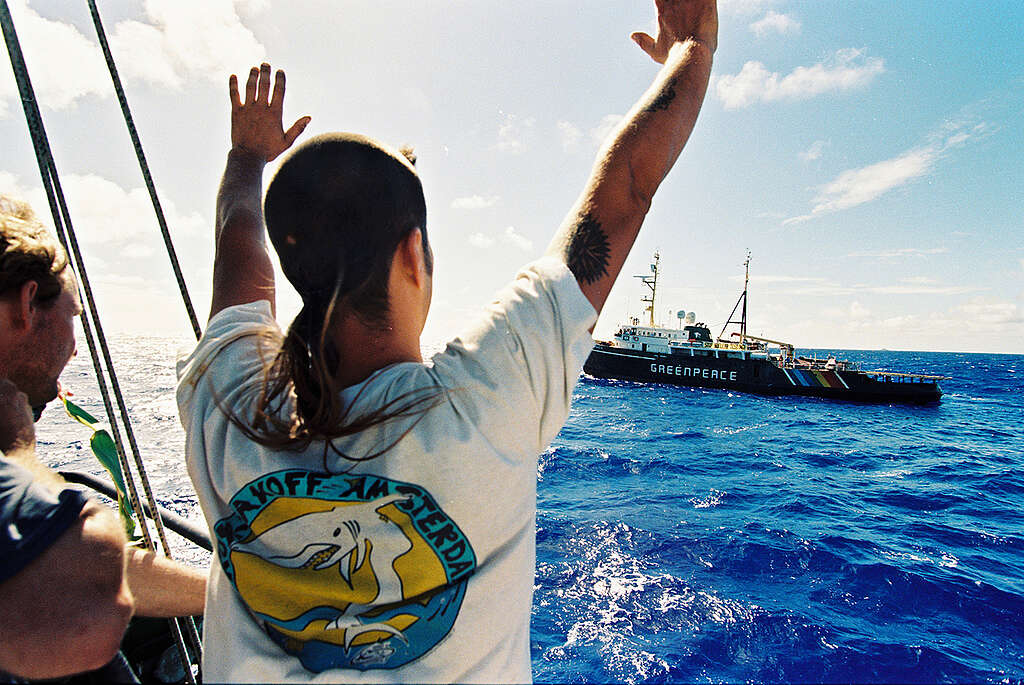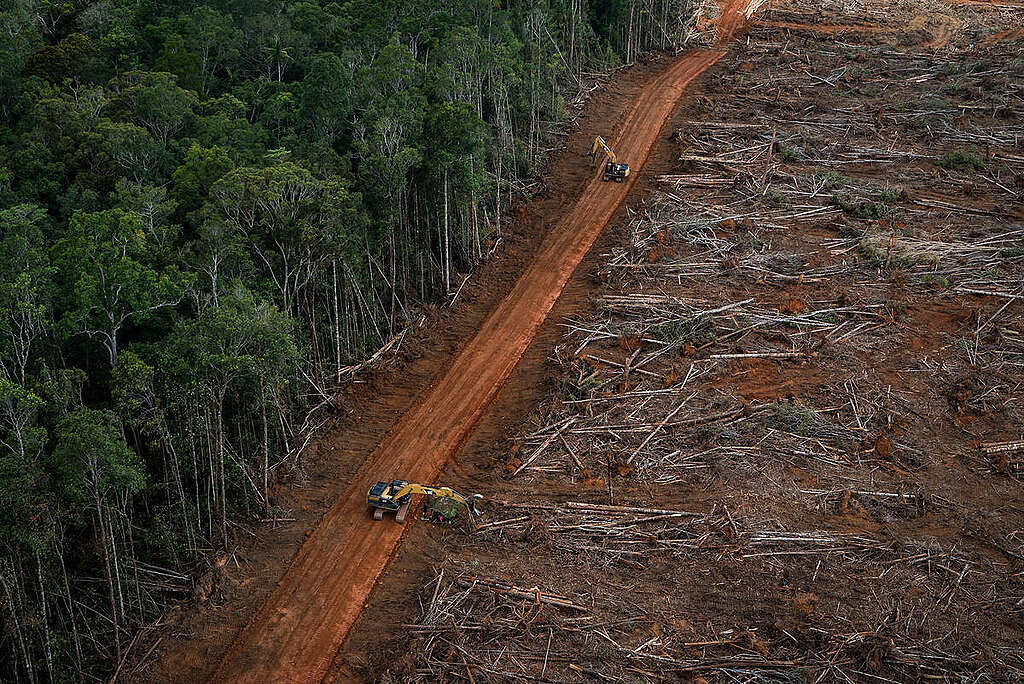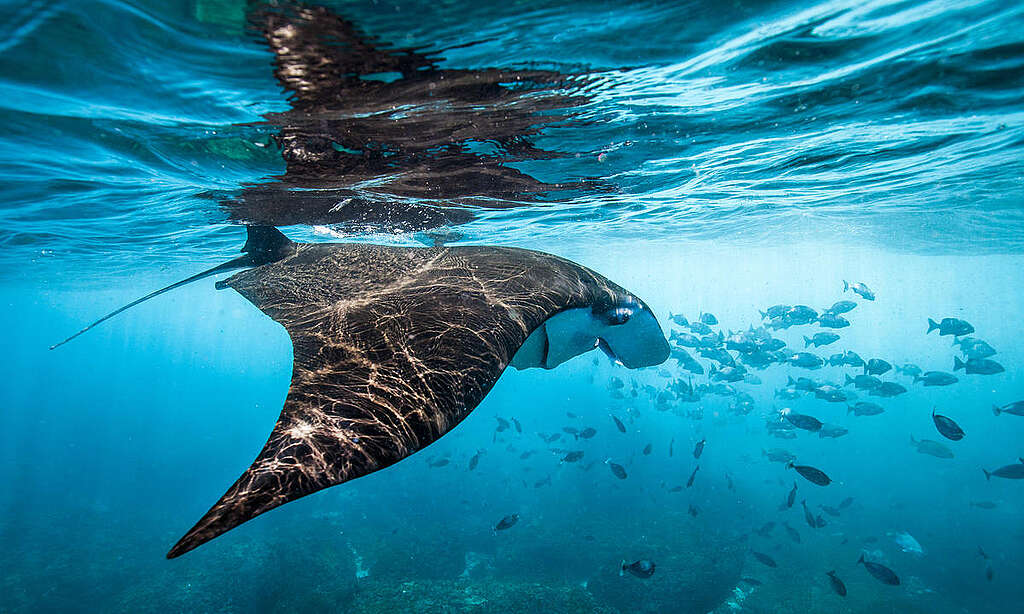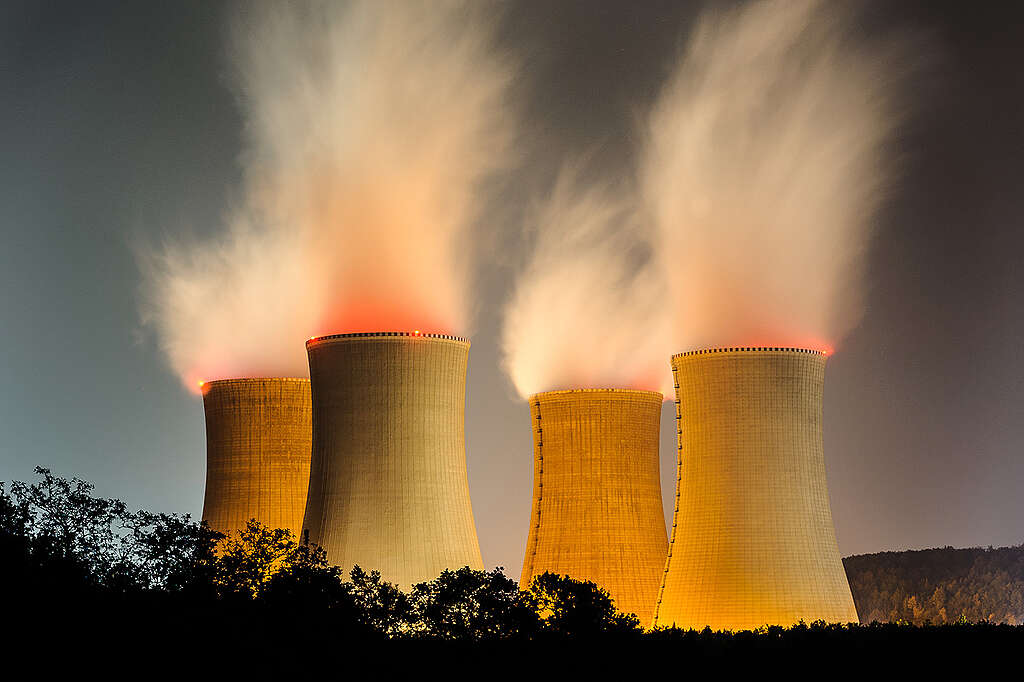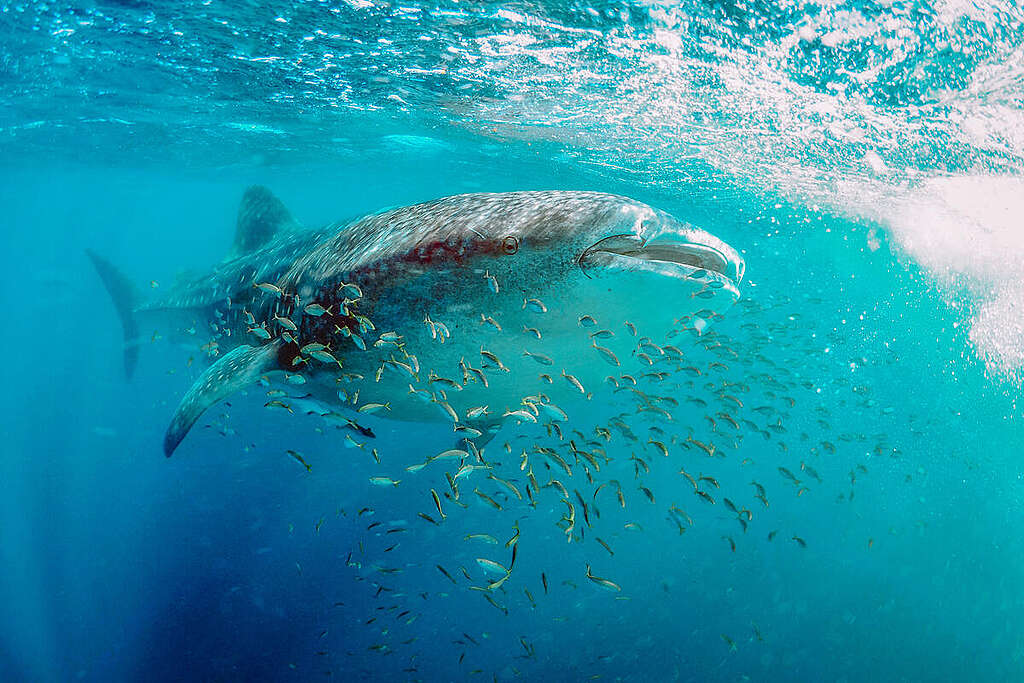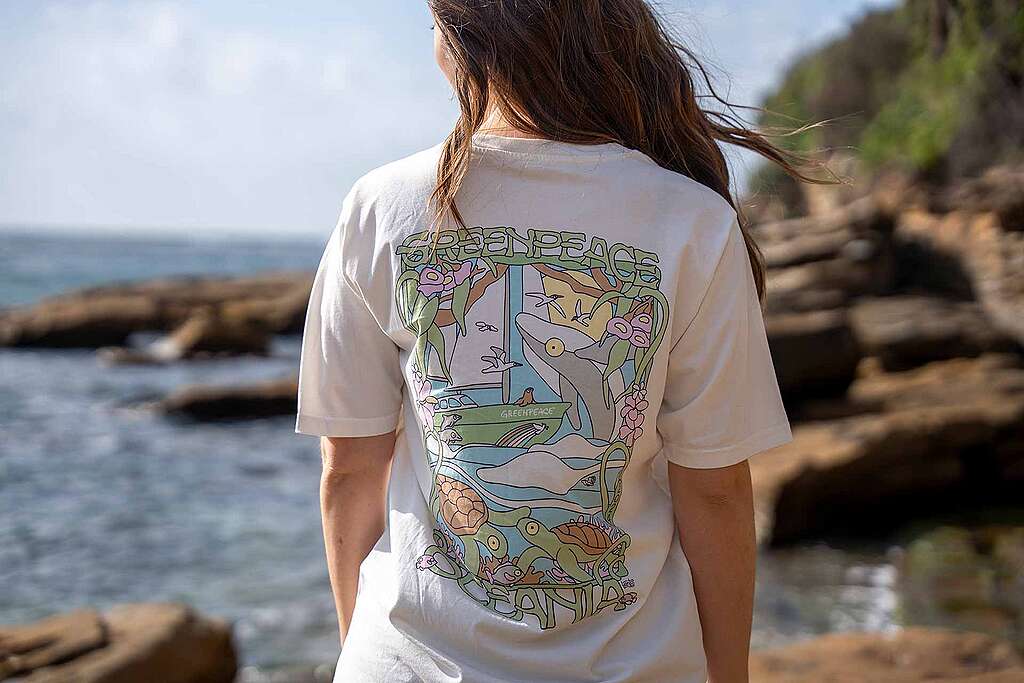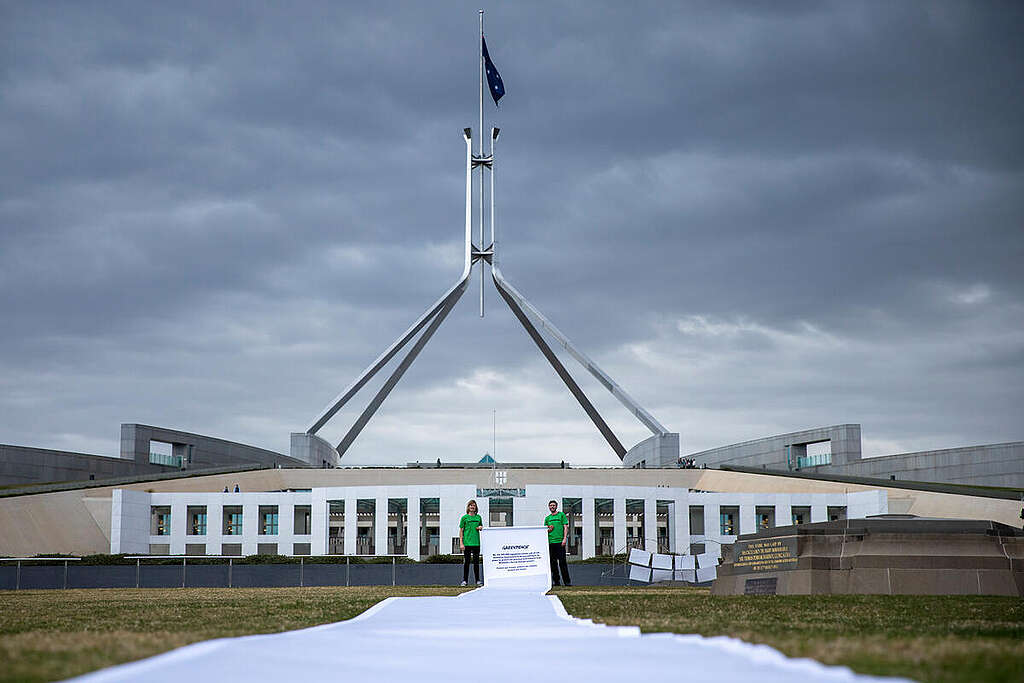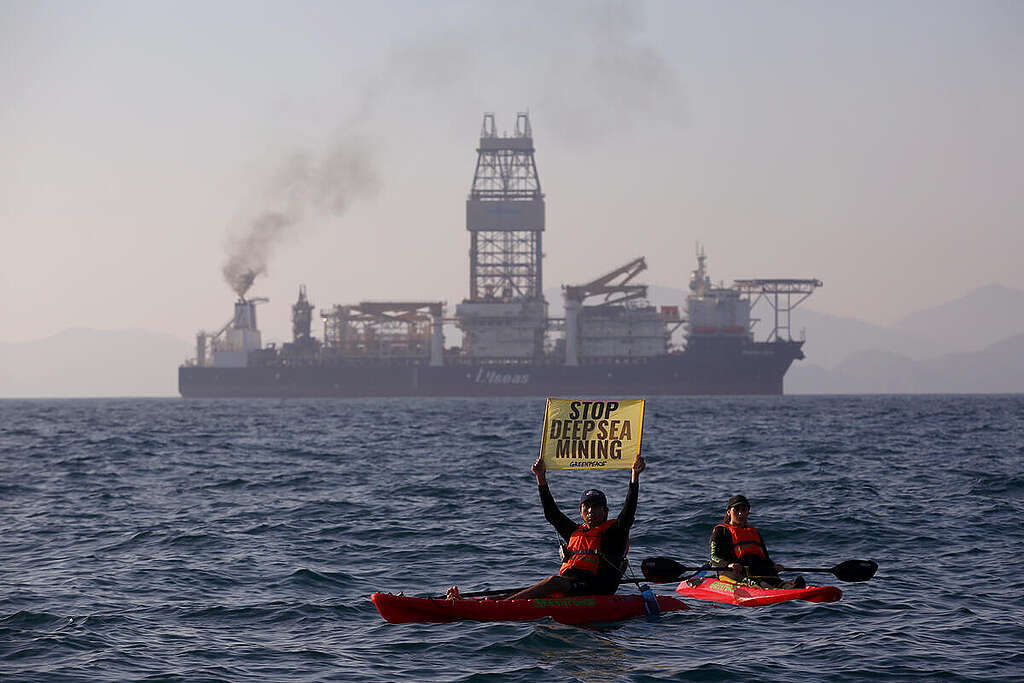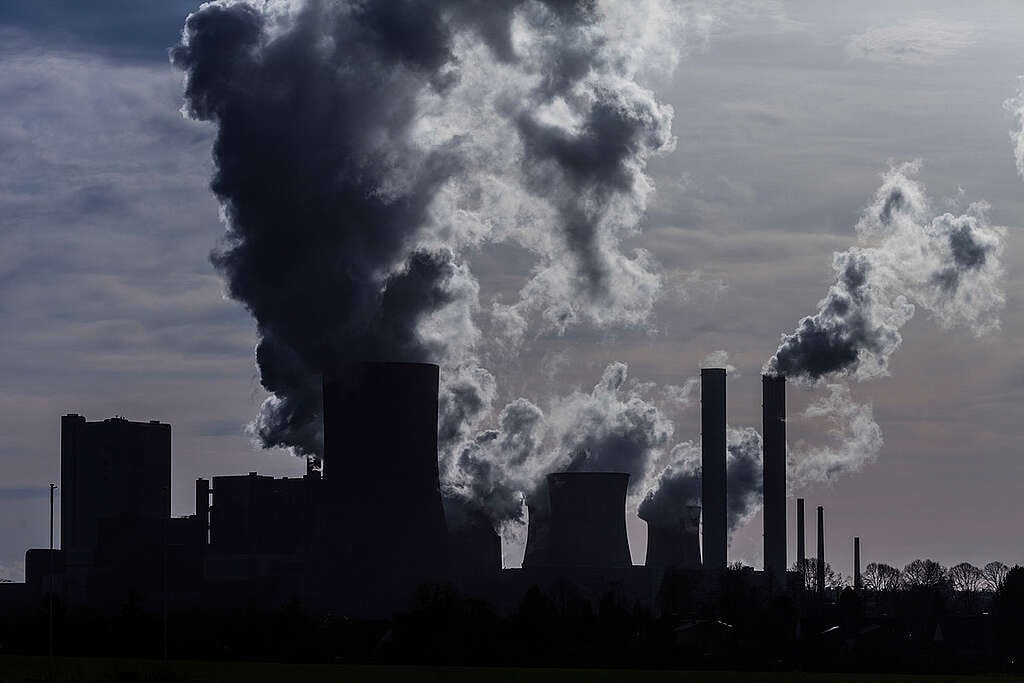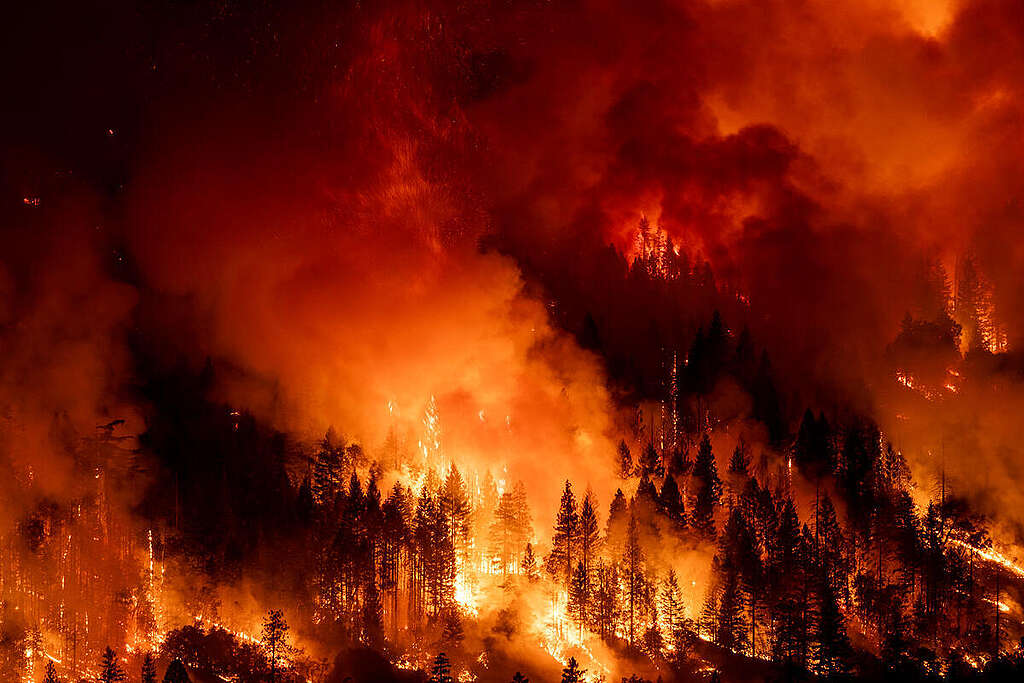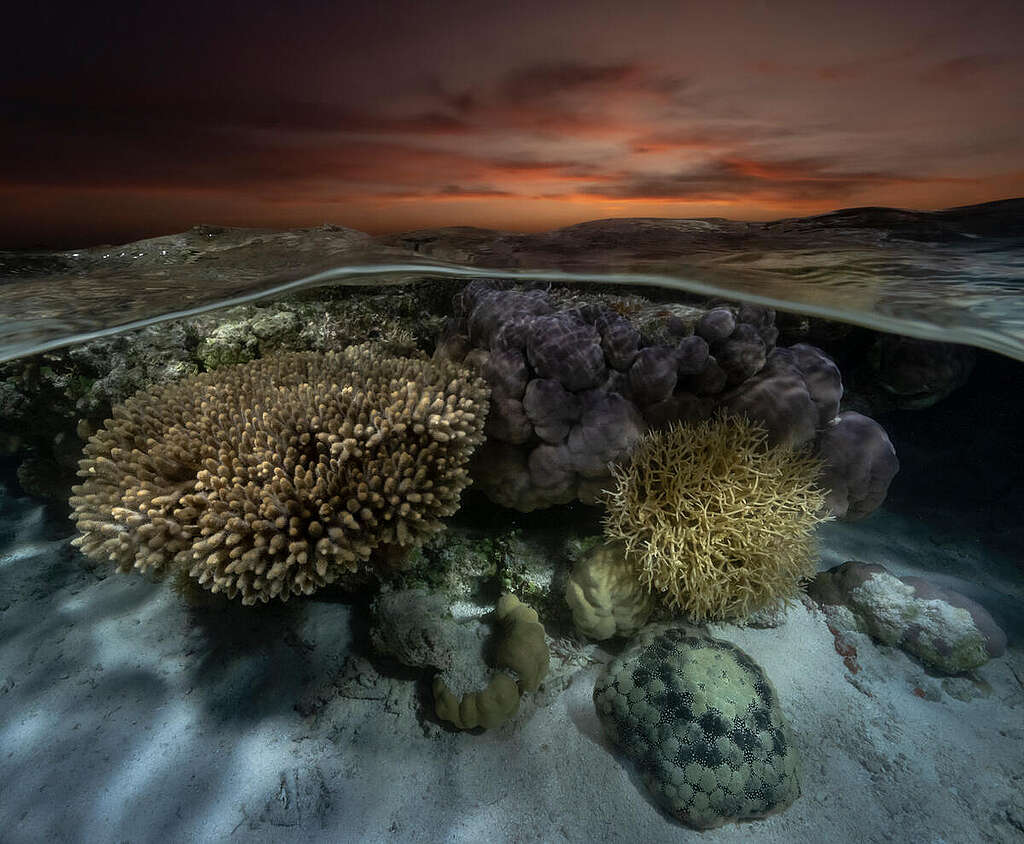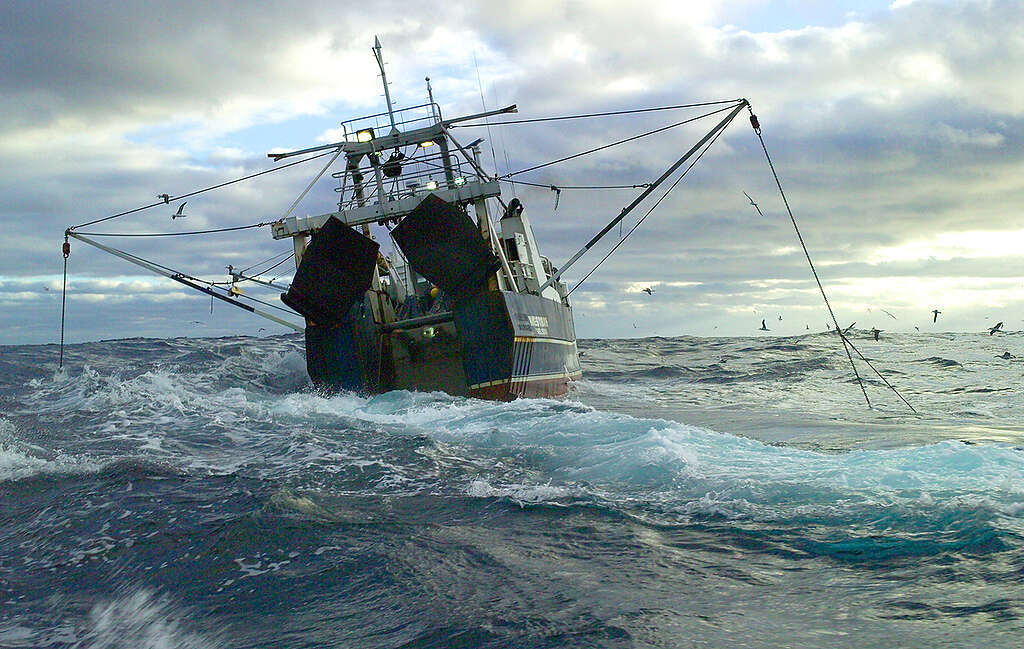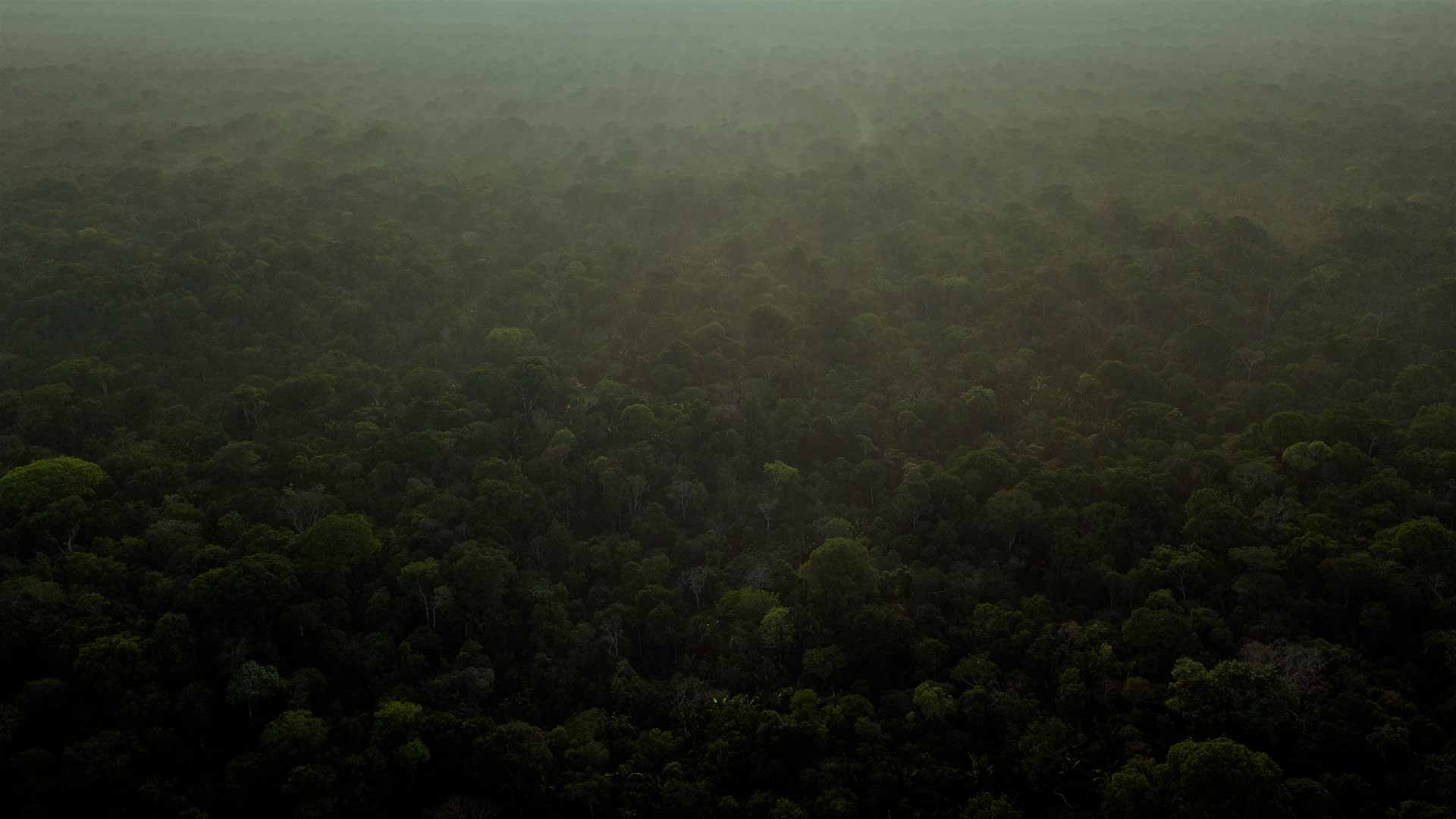The issues we work on
Greenpeace will never stop fighting for a greener, healthier world for our oceans, forests, climate, and people-no matter what forces stand in our way.
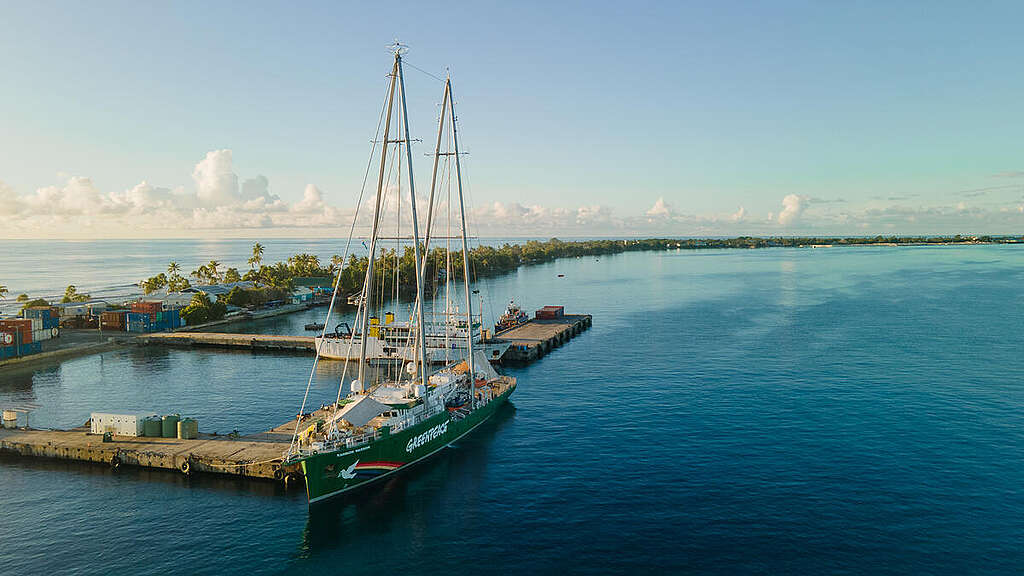
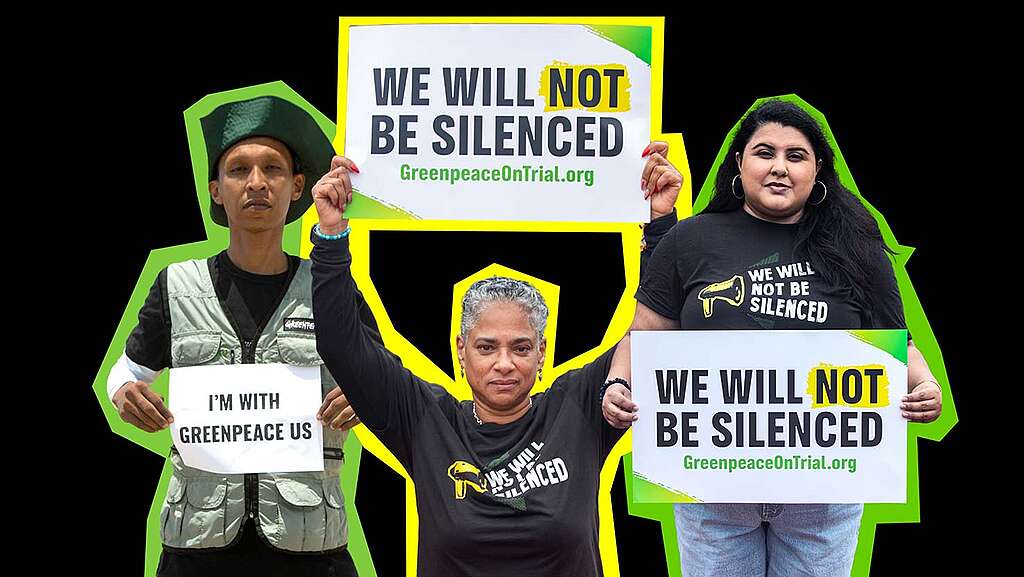
Greenpeace in the US is facing a AU$1 billion lawsuit from Big Oil. Will you help defend Greenpeace?
Donate now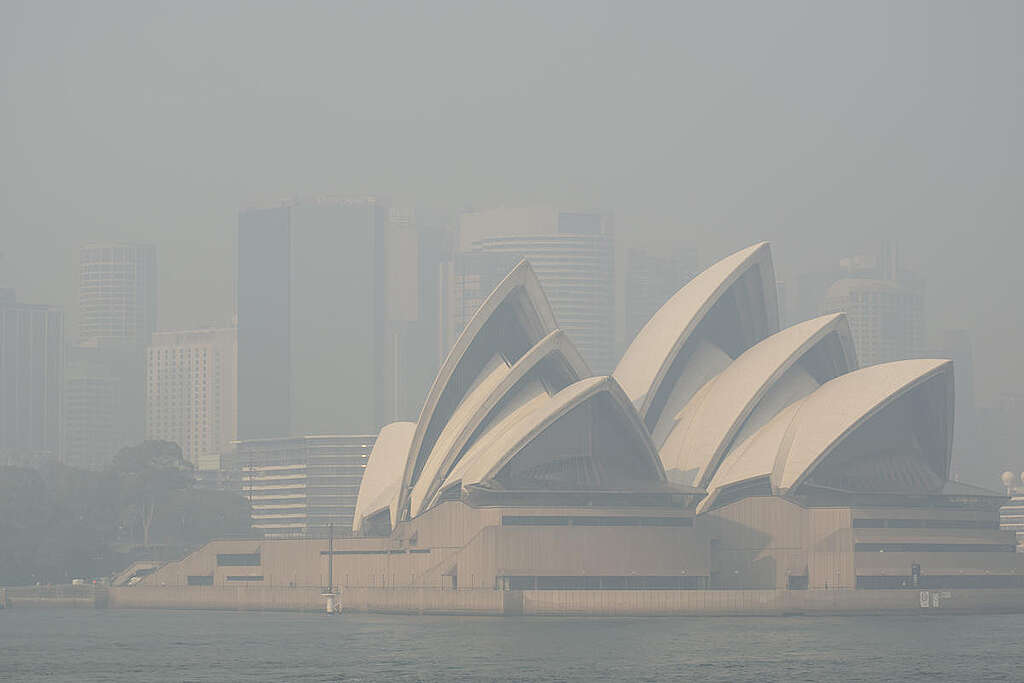
Fossil Fuel Phase Out
We are in a climate emergency. Fossil fuels like oil, coal and gas are heating up the planet, causing sea levels to rise and making bushfires, floods and cyclones more frequent and extreme. The science is clear: we must get off fossil fuels and transition to renewable energy.
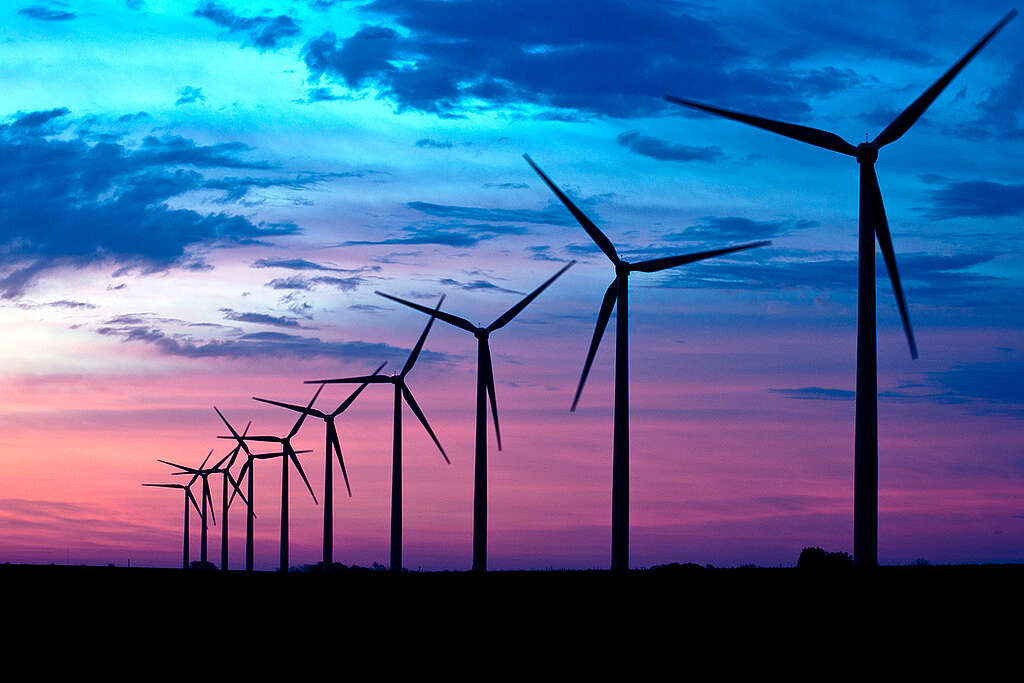
Renewable Energy
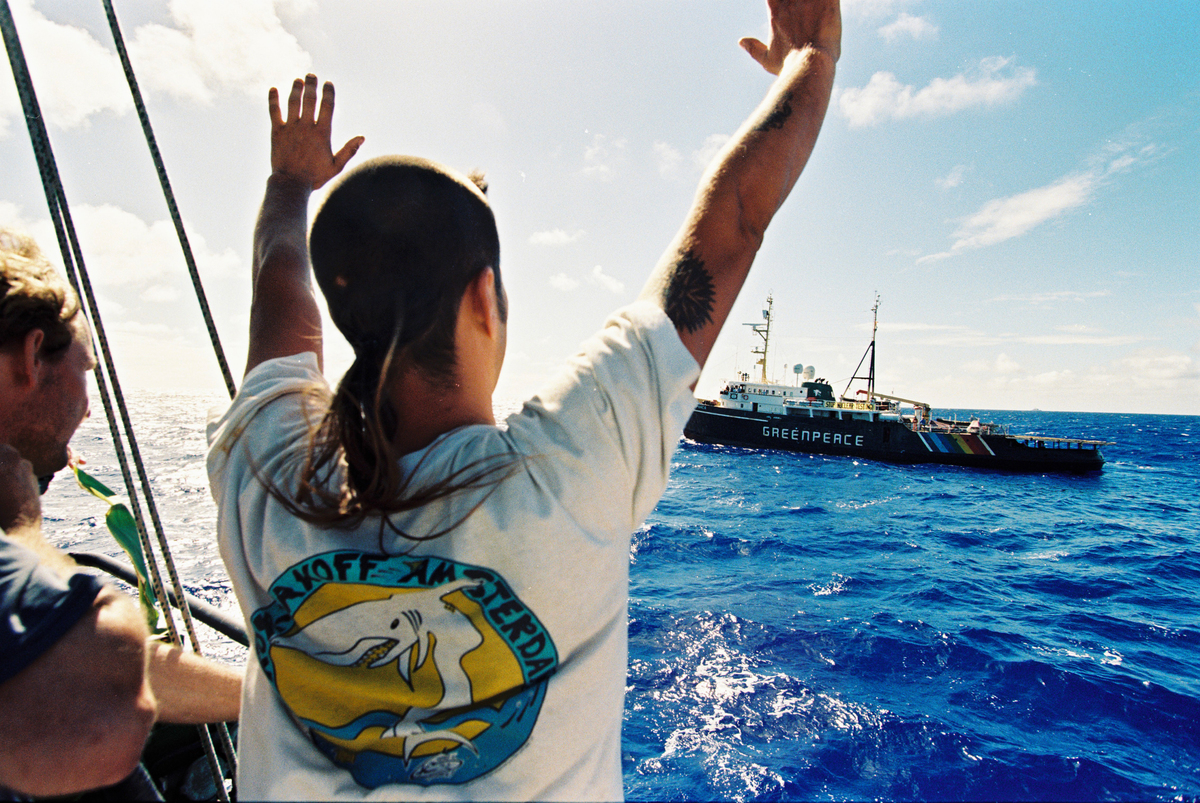
Nuclear
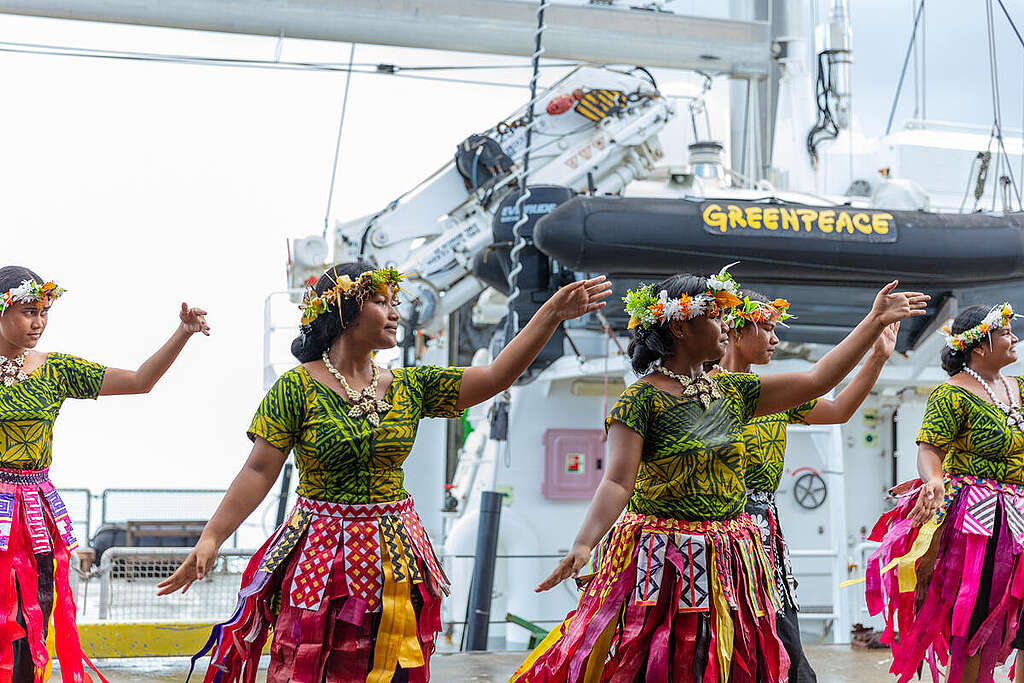
Pacific Climate Justice
Protecting The Ocean
Oceans sustain life on our blue planet – but they’re under threat from climate change, industrial fishing, plastic pollution, and the looming threat of deep sea mining. Ocean protection can’t wait any longer.
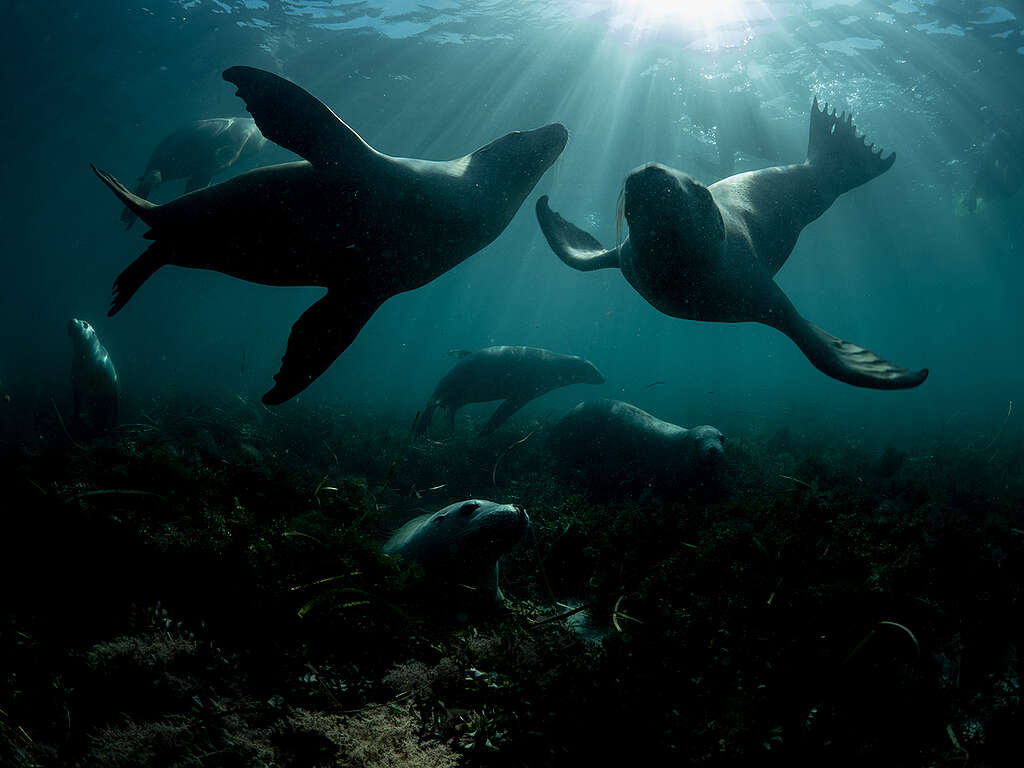
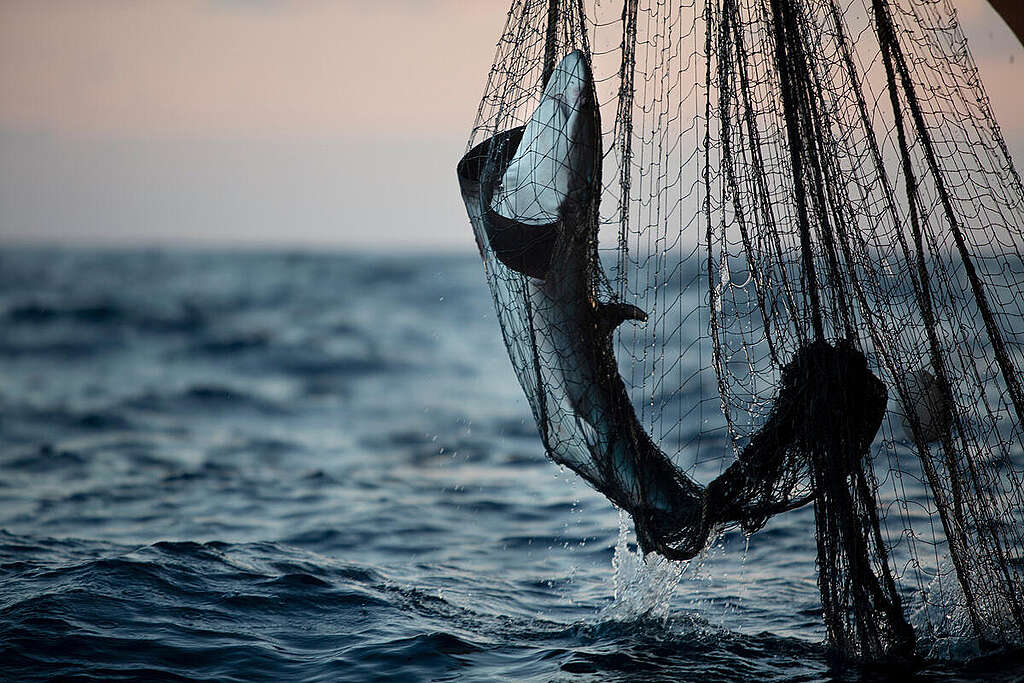
Global Ocean Treaty
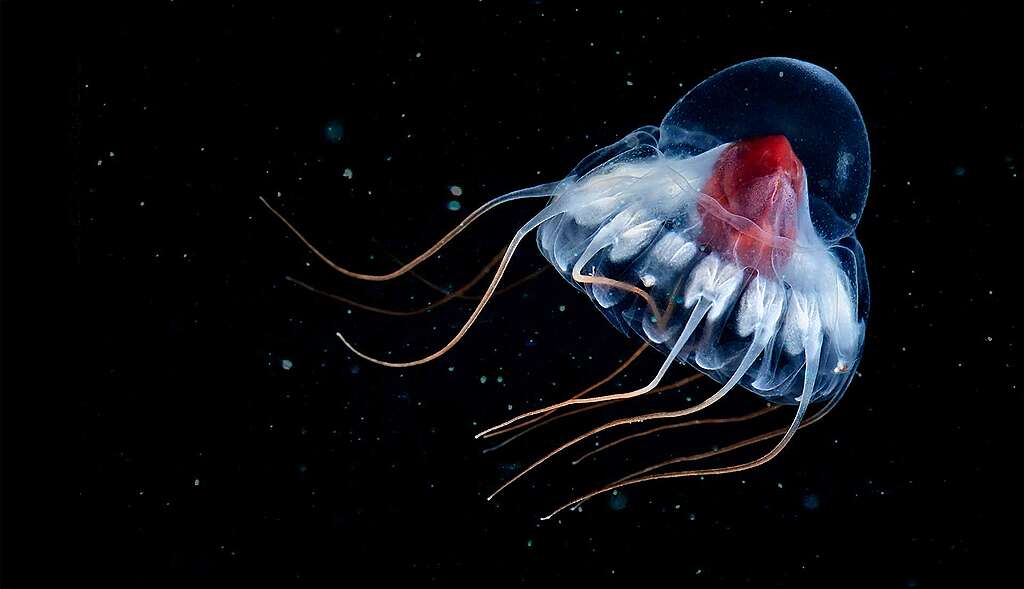
Deep Sea Mining
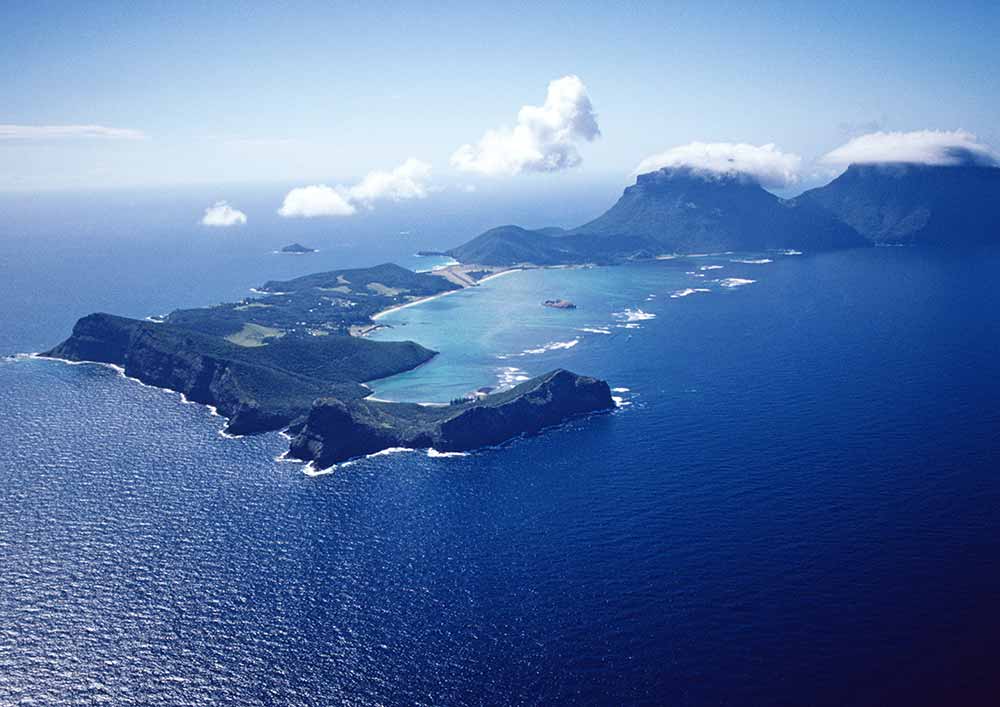
South Tasman
Marine Sanctuary
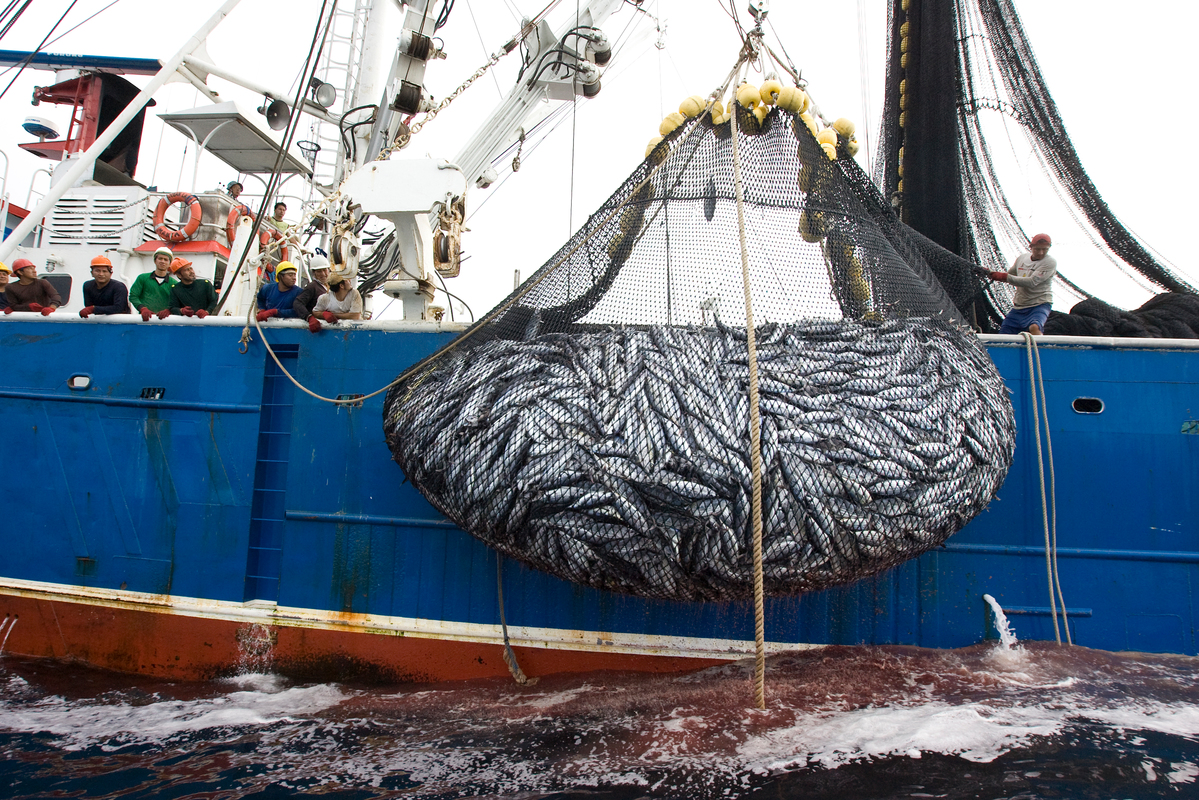
Sustainable Fishing
Protecting our Forests
Our world is in crisis. Our forests are disappearing and natural habitats are being destroyed. Deforestation for farming and native forest logging leaves wildlife homeless, impacts ecosystems and emits carbon alongside the most polluting industries.
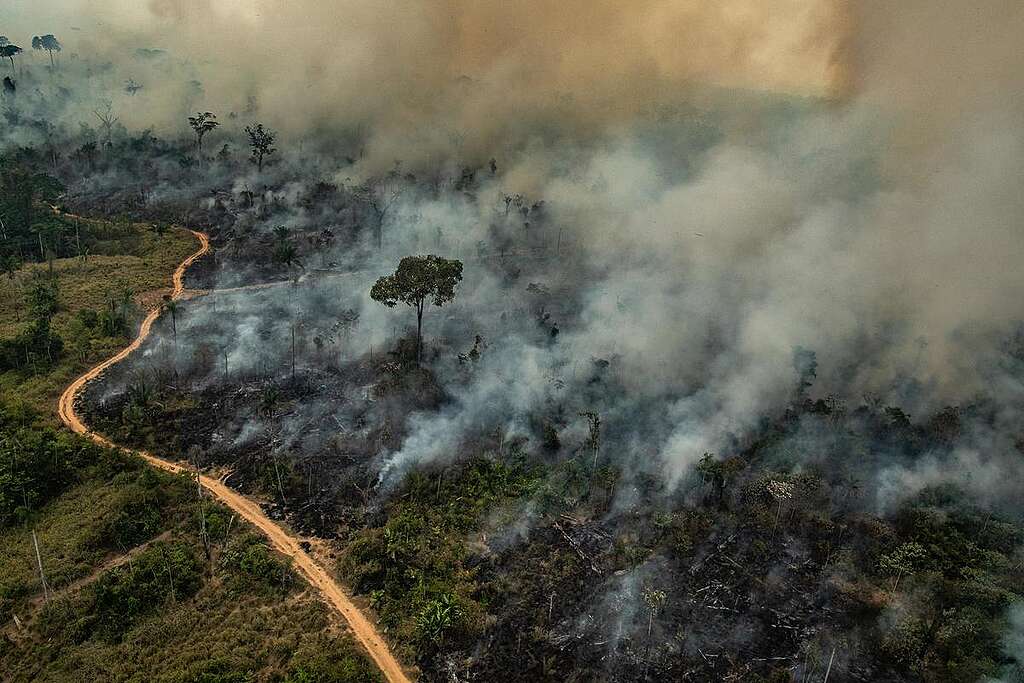

The Amazon
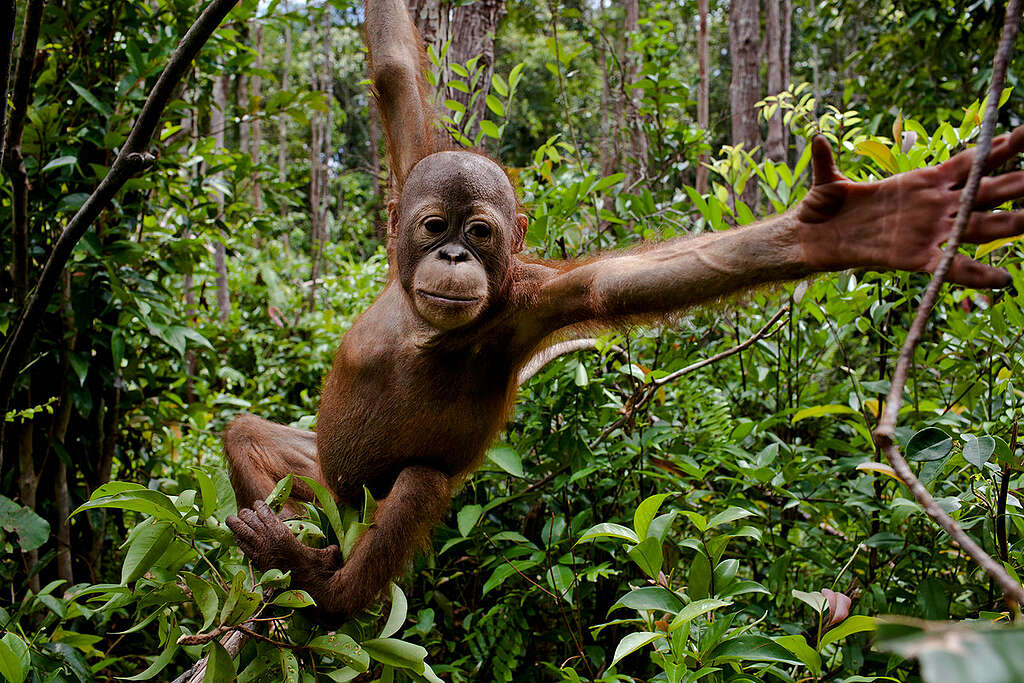
Palm Oil
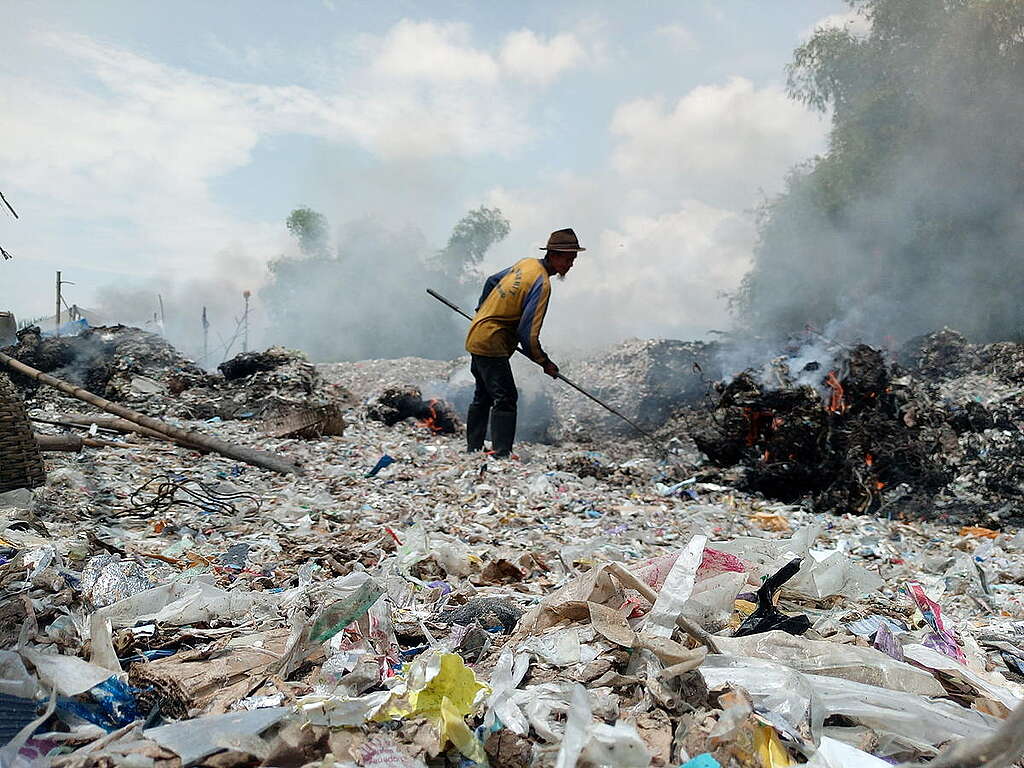
Plastic Free Future
We are living in a world that is being destroyed by throwaway plastic. Plastic pollution has flooded our planet, harming people’s health, accelerating social injustice, destroying biodiversity and fuelling the climate crisis.
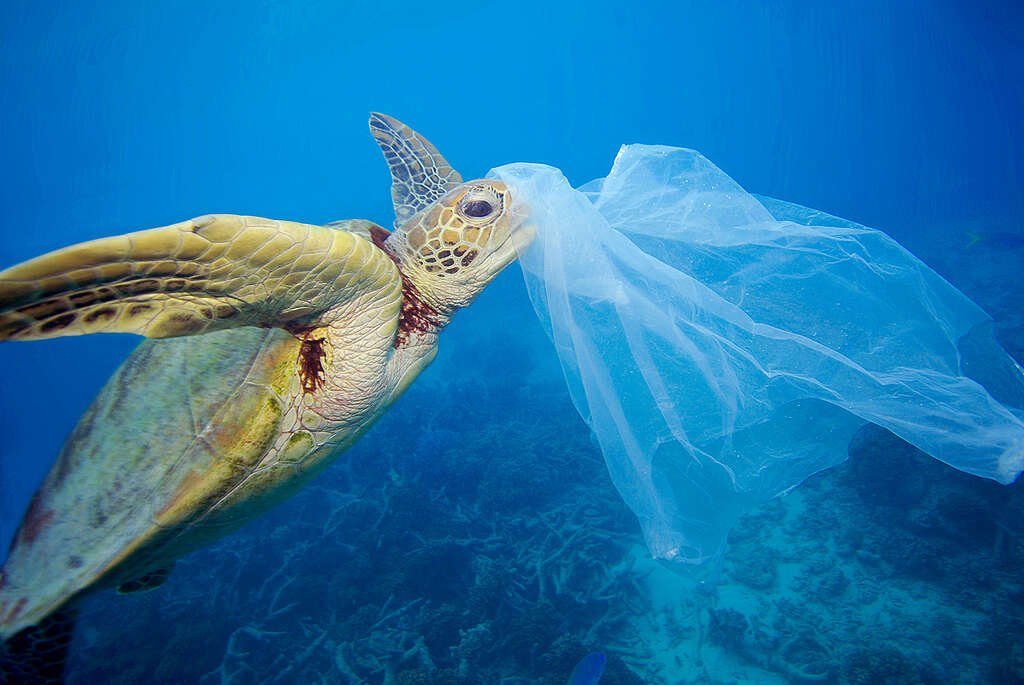
Global Plastics Treaty
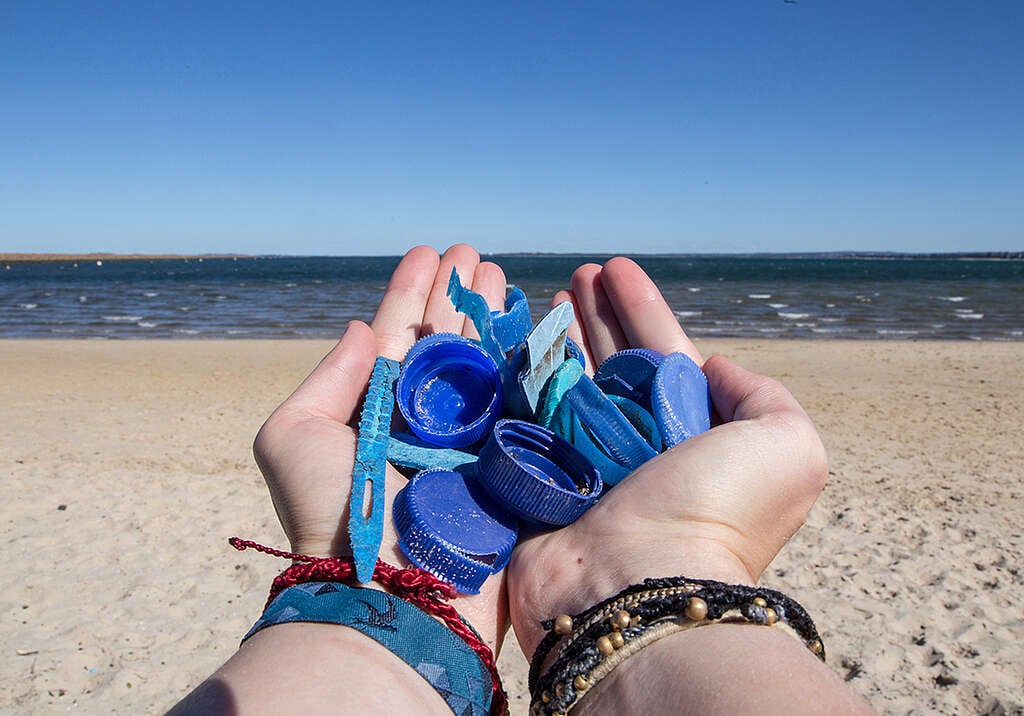
Single Use Plastics

Pacific Climate Justice
The Pacific Islands are experiencing the intensifying impacts of climate change like cyclones, hurricanes, floods, droughts, and extreme temperatures – despite contributing less than 0.03% to global emissions. This is climate injustice.
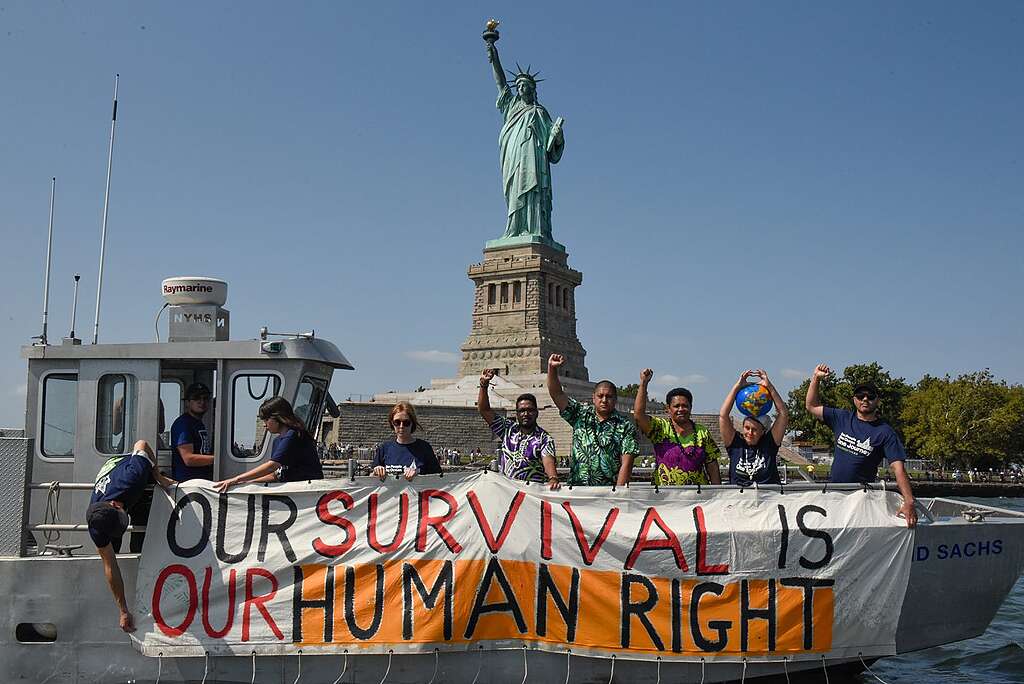
International
Court of Justice
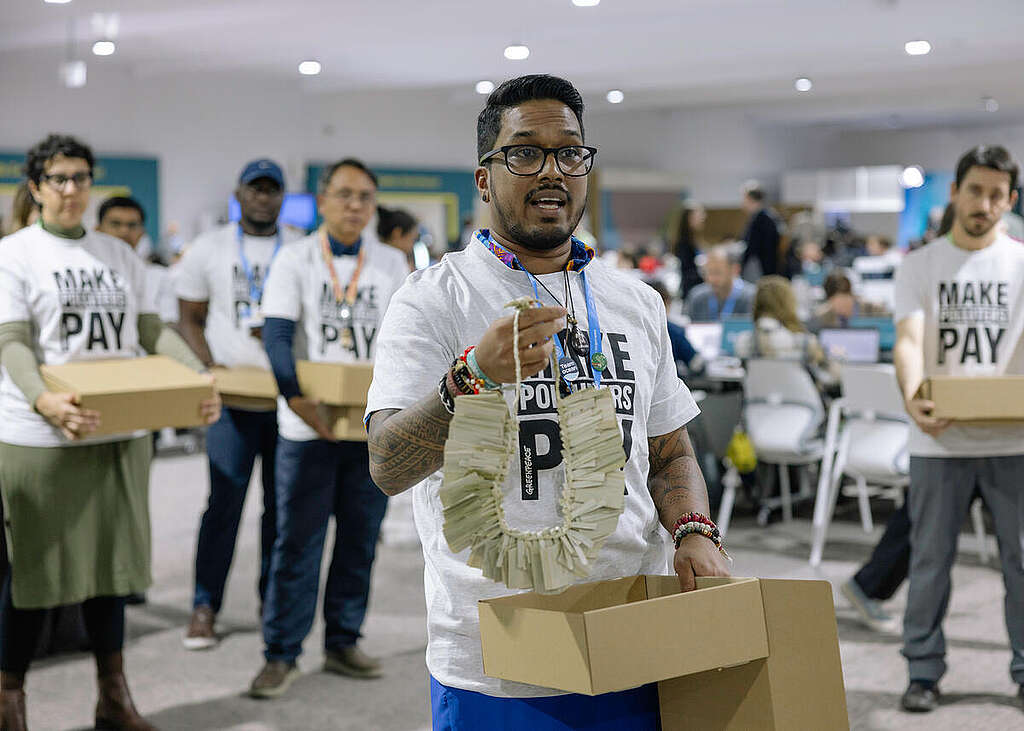
COP29
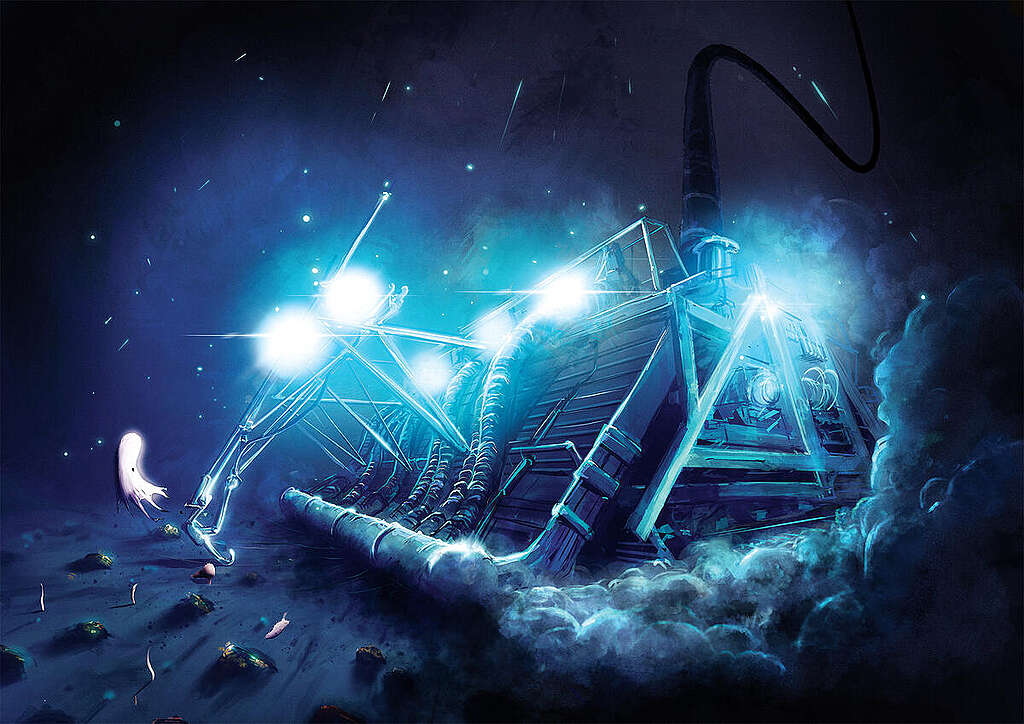
Deep Sea Mining
